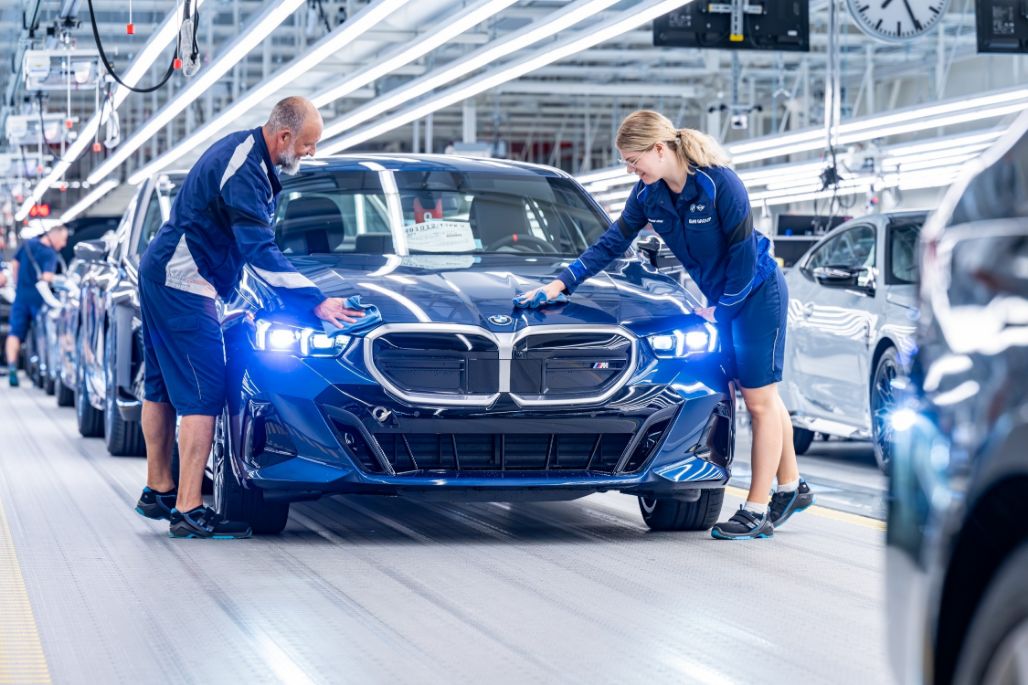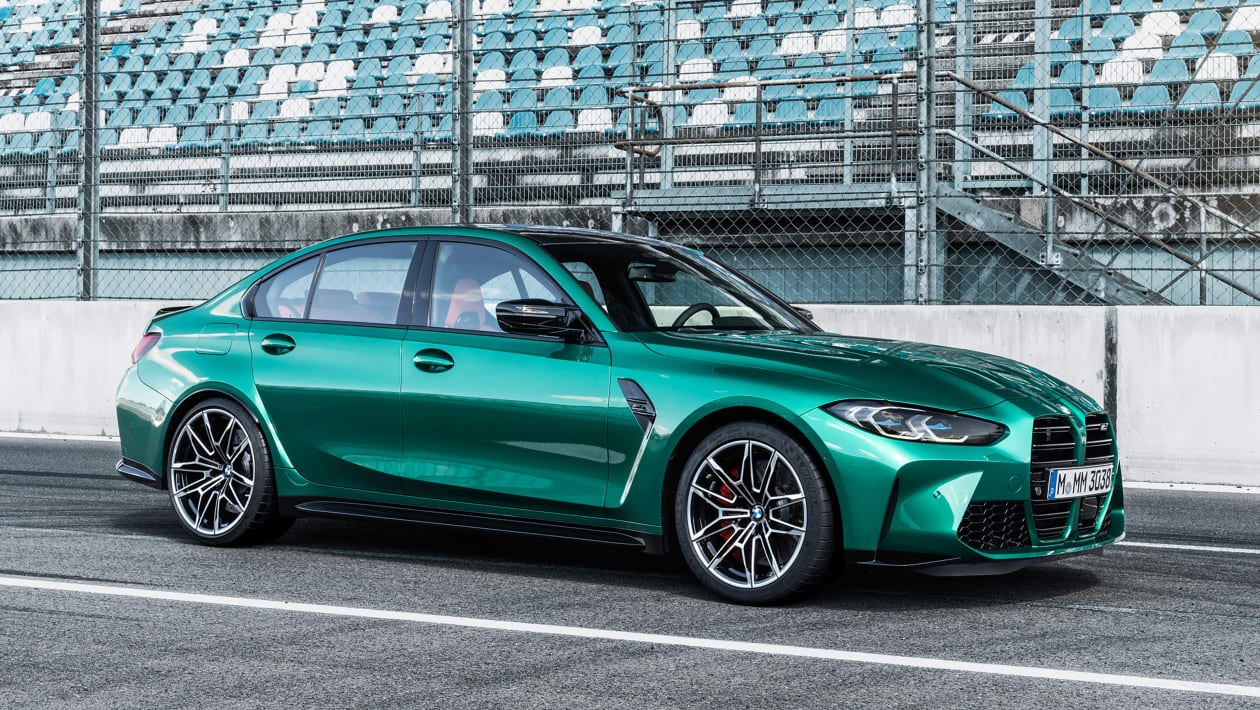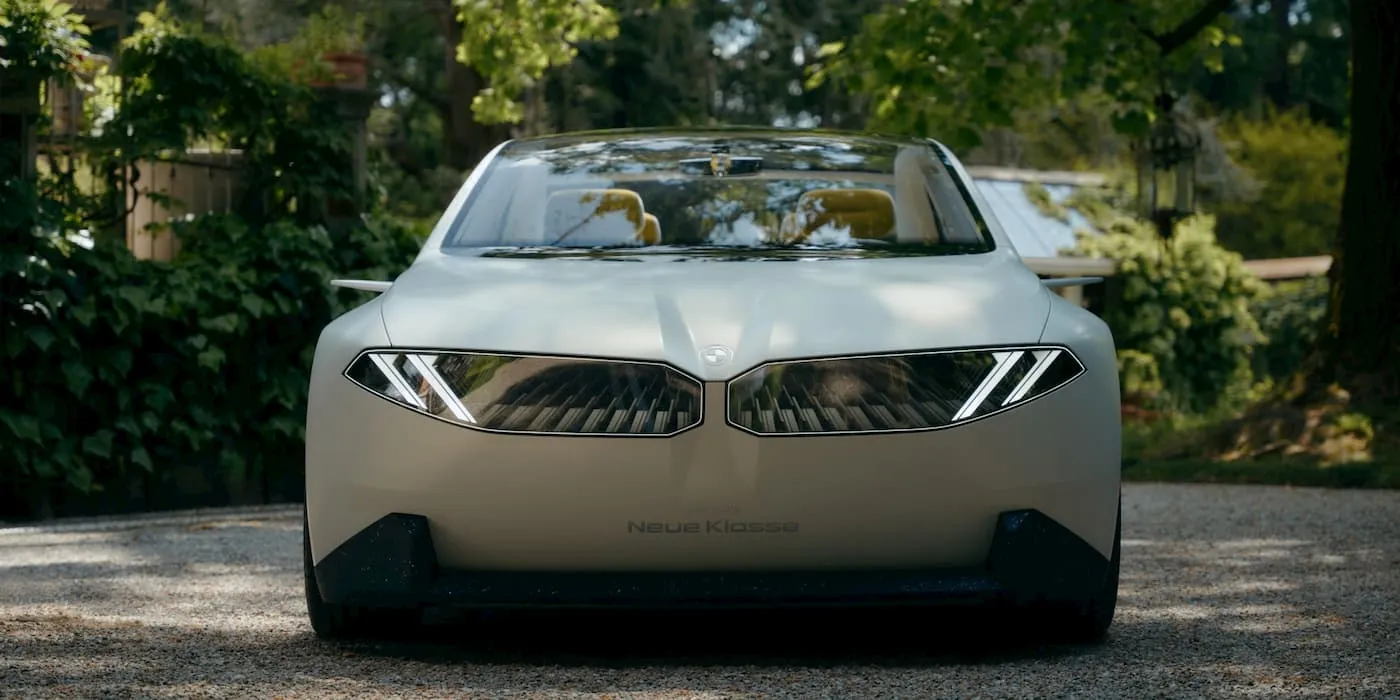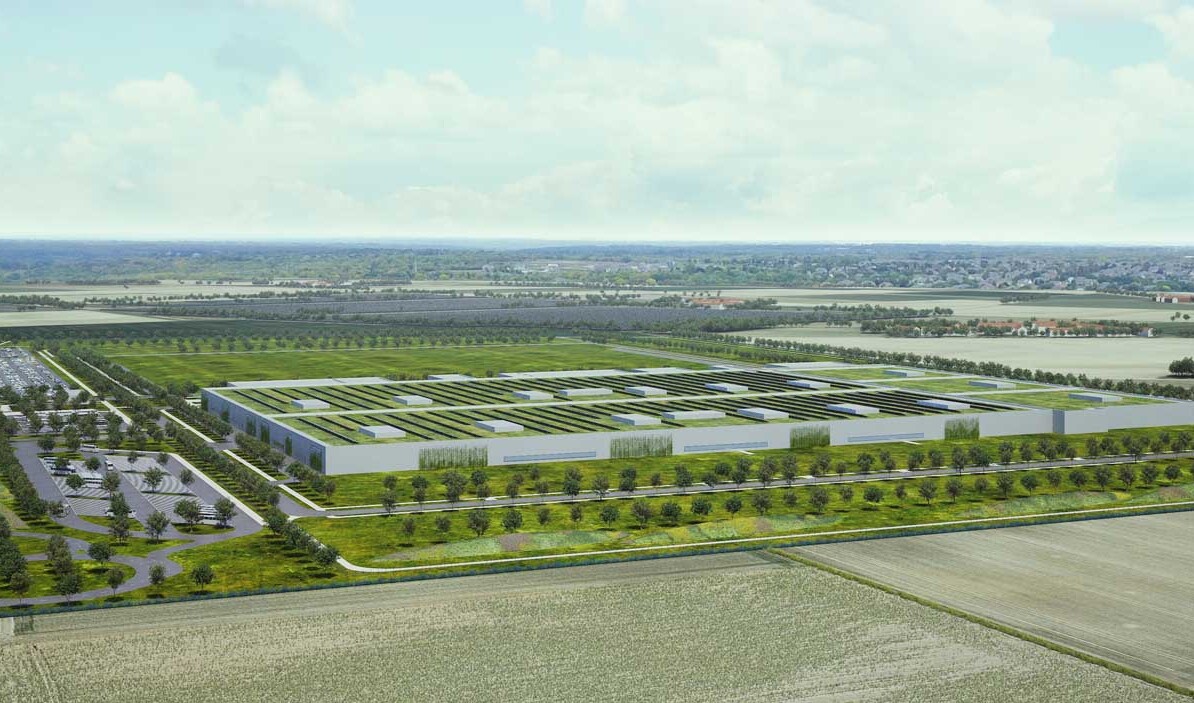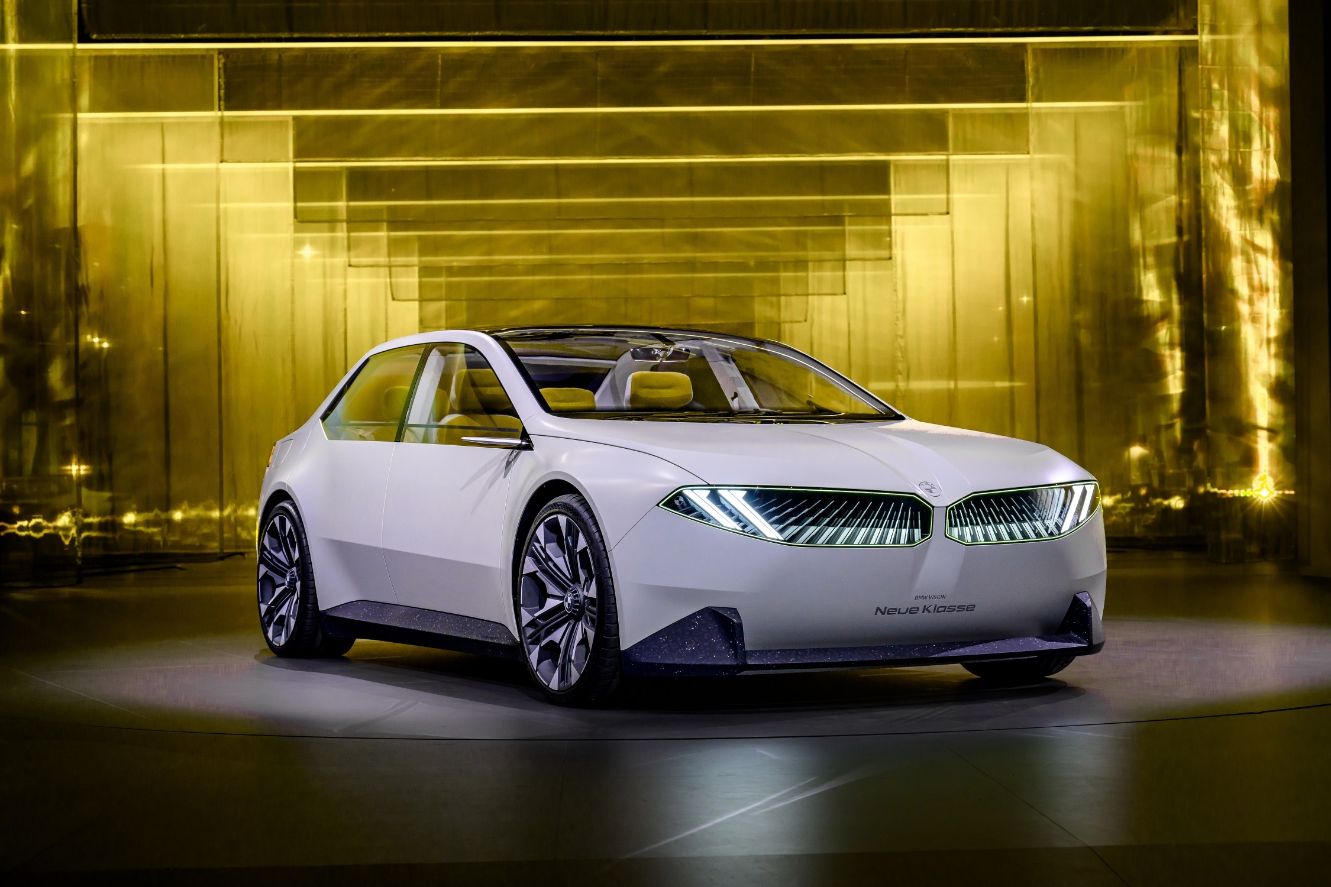German automaker BMW has announced plans to reduce the planning time for new factories by 50%. This strategic move was revealed by BMW’s production chief, Milan Nedeljkovic, ahead of the recent Munich Motor Show.
Traditionally, the planning phase for a new production facility can span anywhere from 12 to 24 months, with construction taking an additional one to two years. Nedeljkovic highlighted that by reducing the planning duration from 24 to 12 months, the overall timeline could be condensed from three years to just two.
A critical enabler in achieving this ambitious goal is advanced software provided by Nvidia, a leading technology company. BMW is leveraging Nvidia’s Omniverse platform to create a “digital twin” of its forthcoming EV manufacturing plant in Hungary, slated to commence production in 2025. This cutting-edge software empowers factory planners to conduct meticulous testing, optimize tooling, enhance ergonomic considerations, and seamlessly integrate robots into the production process.
Additionally, Nvidia’s technology enables BMW to comprehensively map out plumbing and HVAC systems within the plant, and it can be employed to fine-tune assembly line workflows. Richard Kerris, Vice President of the Omniverse platform at Nvidia, emphasized that the virtual environment allows automakers to evaluate and refine processes without incurring the substantial costs associated with physical modifications. Notably, Toyota and Mercedes-Benz are also adopting this software.
Milan Nedeljkovic, BMW’s production head, underlined the advantages of this virtual approach, stating, “Our planners worldwide are working in one virtual factory and optimizing the process. You see the problems… in the virtual world, you solve them, and off you go.”
See also: Nvidia landed more deals with Chinese electric vehicle makers to compete Tesla
This innovative adoption of digital twin factories is anticipated to expedite the transition from planning to actual production by 20 to 30%. Moreover, it is expected to enhance production quality by 20% and boost resource efficiency by as much as 40%.
BMW’s collaboration with Nvidia signifies a pivotal step in streamlining its EV manufacturing capabilities, as automakers worldwide strive to meet the growing demand for electric vehicles in the automotive market.

